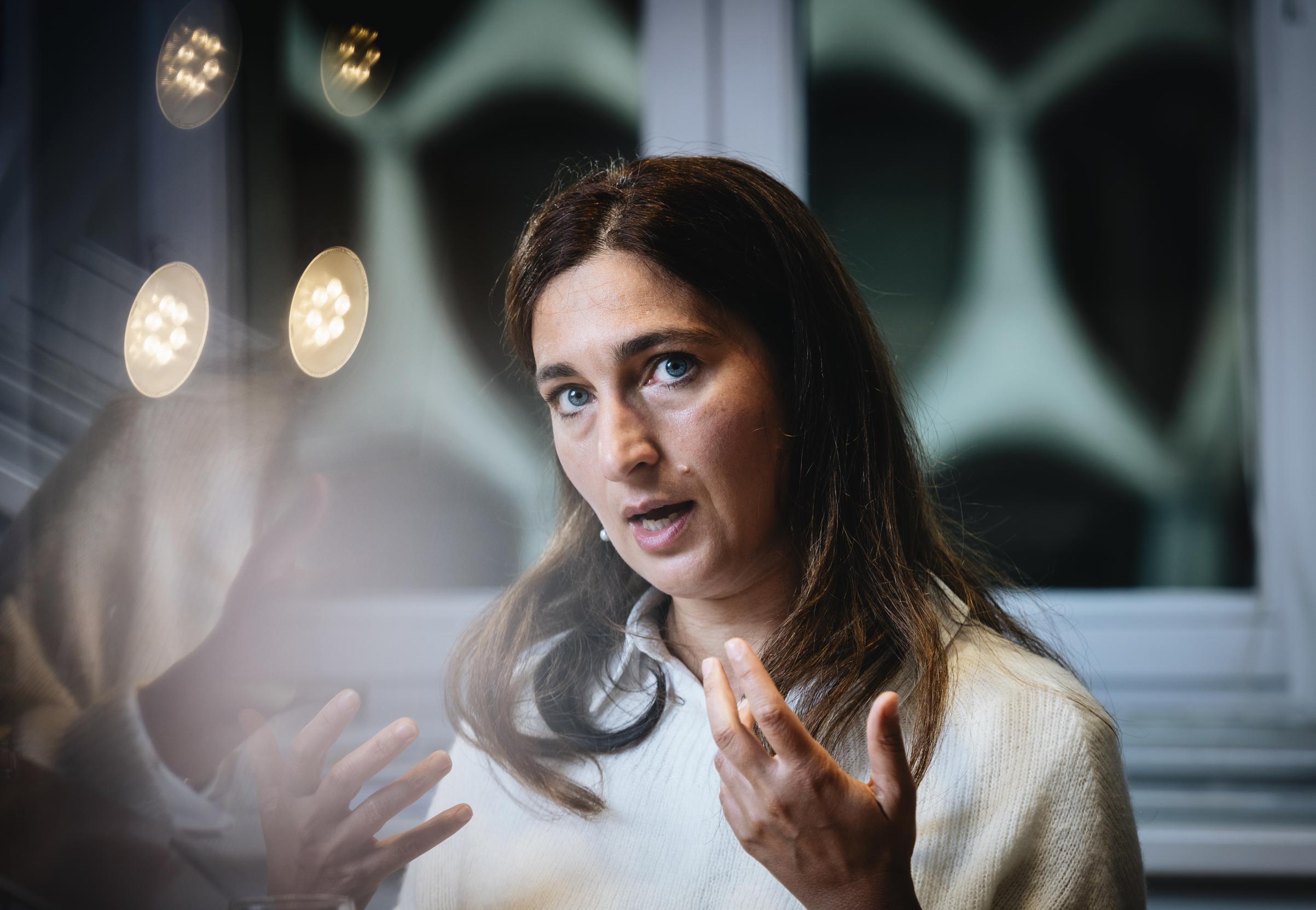Flemish Energy Minister Zuhal Demir (N-VA) will ease the electricity bill by another 225 million euros over the next three years. But in the short term you will hardly see that on your bill.
–
Green certificates are awarded to companies and households as compensation for their investments in renewable energy. But those certificates end up indirectly in your energy bill. The energy suppliers are in fact obliged to buy at least certain quotas of green energy certificates and pass them on in everyone’s electricity bill.
In order to alleviate the electricity bill, the Flemish government has already bought green energy certificates in recent years. These no longer have to be bought by the electricity supplier and are therefore no longer charged in the invoice. But this gradually created a new problem: there are too few green certificates left to buy by the energy suppliers, so that they are in danger of not meeting their quota. They risk high fines for this, which in turn are passed on in the invoice. To avoid this, the Flemish government decided on Friday to reduce the quota that must be met.
• Demir focuses on ‘sky-high’ subsidies Huts &co
In addition, it was decided to buy up some of the combined heat and power certificates – which are used, among other things, by biomass plants. There is still a surplus on the market. This is partly because the certificates for the Ghent biomass project Max Green will fall sharply from next year. The project may even be halted next year.
Both interventions will avoid 225 million euros in electricity bills over the next three years. According to The time the intervention will even reduce the electricity bill by a billion euros between 2023 and 2030. But Demir admits it’s just a drop in the bucket. ‘Due to the sky-high international energy prices and the ever-rising European CO2-price, there will be no major effect on the invoice in the short term,” she said in a press release. ‘But with this very technical, but necessary intervention, we once again prevent the unnecessary charging of specific costs in the energy bill. Every contribution, however small, counts.’
The decision is independent of the creaming off of subsidies for large, over-subsidized solar panel installations of, among others, entrepreneur Fernand Huts. The Flemish government decided in February to grant 1.2 billion euros less in subsidies over the next ten years than had been promised. A legal feat. The implementation of that decision is currently ‘in a preparatory process’. It is the intention, however, to submit the decree that must regulate all this to the Flemish Parliament before the summer recess.
–


